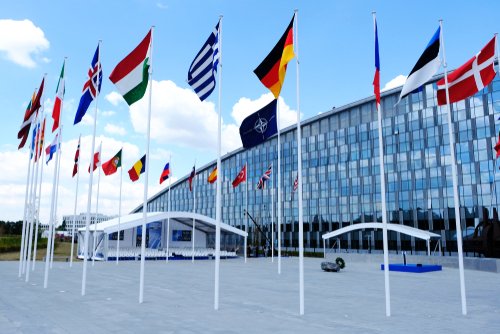Brussels (Brussels Morning) As US President Joe Biden attended his first NATO summit since entering office, the alliance’s agenda expanded to consider China as a security challenge for the first time, even as NATO’s top official rejected claims that a new Cold War is brewing among the two major powers of the 21st century.
Meeting with the alliance Secretary-General Jens Stoltenberg ahead of the summit, Biden emphasised the importance of NATO for US interests, in a clear break from his predecessor Donald Trump. The new US President also declared that the alliance’s Article 5, the provision guaranteeing that all members would come to the aid of any member attacked by an outside power, is a “sacred commitment”.
Biden also stressed the need for the alliance to address the challenges posed by the rise of China as a global power, as well as to face an adversarial Russia. Briefing before the summit, US officials noted that the meeting would mark the first time where NATO members would address China as a security challenge.
Climate change threat
Despite the importance of the topic, Stoltenberg made sure to clarify that the alliance does not view China as an enemy, or an adversary, stressing that the world is “not entering a new Cold War”. Indirectly commenting on the change of administration in the White House, the Secretary-General welcomed having a US President “who is strongly committed to NATO”.
The alliance was previously taken aback during the Trump administration, when the former US President viewed the group in a transactional manner, questioning its necessity, and leaving it unclear whether the US, under Trump, would honour Article 5 unconditionally.
The joint declaration following the summit included a statement on human rights in China. It also also focused on new battlegrounds, such as cyber threats; recognised climate change as a threat multiplier that impacts alliance security; and pledged to address all threats and challenges that affect Euro-Atlantic security.




